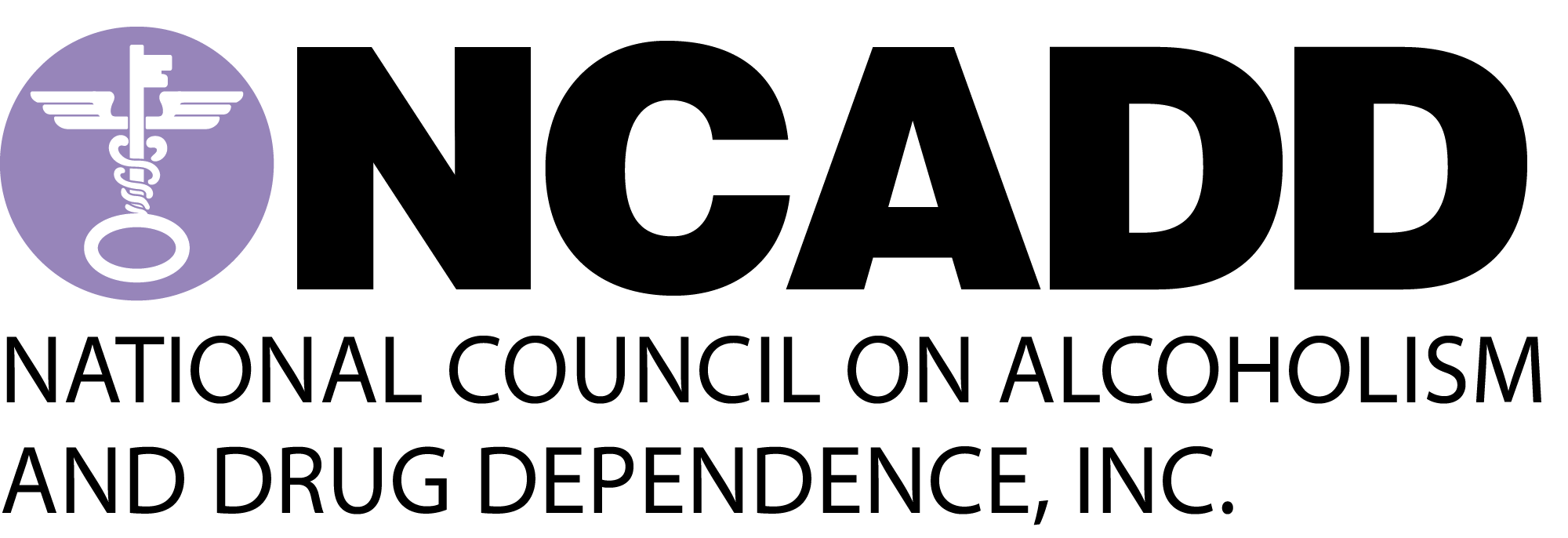A Timeline of Significant Events
Many events have shaped how alcoholism and drug dependence are perceived in America. This timeline highlights many of the significant events related to NCADD and the evolution of alcoholism and addiction treatment in America.
The Timeline for NCADD
1935:
• Bill W. and Dr. Bob S. found Alcoholics Anonymous.
1944:
• Marty Mann founds the National Committee for Education on Alcoholism, today known as the National Council on Alcoholism and Drug Dependence (NCADD).
1947:
• Passage of the Alcoholic Rehabilitation Act of 1947 — first federal legislation to recognize the alcoholic as a sick person.
1949:
• NCADD helps Con Edison, DuPont and other companies to develop employee alcoholism programs.
1950:
• Lois W. founds Al-Anon.
• Marty Mann’s “Primer on Alcoholism” is published.
1952:
• AMA first defines alcoholism.
• R. Brinkley Smithers establishes the Christopher D. Smithers Foundation.
1953:
• AA publishes the Twelve Steps.
1954:
• Ruth Fox, MD establishes the New York City Medical Society on Alcoholism, today known as the American Society of Addiction Medicine (ASAM).
1956:
• AMA develops landmark resolution calling for broad acceptance of alcoholics in general hospitals and urges hospital administrators to provide adequate and appropriate services.
1960:
• E.M. Jellinek publishes “The Disease Concept of Alcoholism.”
1967:
• AMA passes resolution identifying alcoholism as a “complex” disease and recognizes that medical components are medicine’s responsibility.
1968:
• Marty Mann retires as Executive Director of NCA.
1969:
• President Johnson signs the “Public Services Amendment Act of 1968” which provides $22 million in federal matching funds to build and staff specialized facilities in community mental health centers for the prevention and treatment of alcoholism and other drug addictions.
1970:
• Congress passes the “Comprehensive Alcohol Abuse and Alcoholism Prevention Treatment and Rehabilitation Act,” known as the Hughes Act for its sponsor in the Senate, Harold E. Hughes, a recovering alcoholic.
1971:
• American Journal of Psychiatry and Annals of Internal Medicine publish the “Criteria for the Diagnosis of Alcoholism.”
• The Association of Labor-Management Administrators and Consultants on Alcoholism, now known as the Employee Assistance Professionals Association, meets for the first time.
1972:
• NCADD’s The Alcoholism Report, the first newsletter devoted exclusively to the field of alcoholism, begins publication.
1973:
• U.S. investigators first describe in published reports fetal alcohol syndrome (FAS), the common pattern of birth defects observed in children born to alcoholic mothers.
1974:
• Congress creates the National Institute on Drug Abuse.
1976:
• NCADD conducts Operation Understanding, a news conference in Washington, DC where 52 prominent individuals publicly acknowledge their recovery from alcoholism.
1980:
• Mothers Against Drunk Driving, a grassroots advocacy program, forms.
• Marty Mann dies of a stroke on July 22, 1980, at the age of 75.
1982:
• Former First Lady Betty Ford lends her name to a treatment center for alcoholism and other drug addictions.
• NCADD calls for increased alcohol taxation, a national minimum age 21 alcohol purchase law, and health warning labels of alcoholic products (goals that were all achieved by 1990).
1984:
• The National Minimum Drinking Age Act requires all states to make purchase or public possession of alcoholic beverages illegal for anyone under the age of 21 or lose federal funding for highways.
1986:
• Partnership for a Drug-Free America launches nation’s biggest public service advertising effort.
1987:
• AMA calls all drug dependencies diseases whose treatment is a legitimate part of medical practices.
• NCADD initiates toll-free Hope Line that receives more than 30,000 calls per year seeking information and referrals.
1989:
• Mandated by federal law, warning labels begin appearing on all alcoholic beverage containers.
1990:
• NCADD name change goes into effect, reflecting inclusion of drug dependence into NCADD’s mission.
1992:
• Journal of the American Medical Association publishes the definition of alcoholism revised by NCADD and ASAM.
• The Americans With Disabilities Act extends job protection (except in safety-sensitive positions) to alcoholics and recovering drug addicts in the private sector.
1995:
• NCADD originates prevention program narrated by Meryl Streep, “What Should I Tell My Child About Drinking?”
1999:
• NCADD honors Senator Paul Wellstone and Representative Jim Ramstad for their sponsorship of legislation to prohibit private health insurers who offer addiction treatment coverage from imposing discriminatory limits on these benefits.
2003:
• NCADD joins with other advocacy organizations to successfully oppose an NBC-TV proposal to air alcohol advertising on network television.
2004:
• NCADD celebrates 60 years of Leadership and Service at annual Conference of Affiliates.
2007:
• NCADD is Founding Partner of Whole Health Campaign to bring alcoholism, addiction and mental illness into discussion of health care reform.
2008:
• NCADD successfully advocates passage of both Mental Health Parity and Addiction Equity Act and Second Chance Act.
• NCADD introduces Hope, Help and Healing: Personal Stories of Recovery public education campaign.
2009:
• 10,000 attend NCADD and A&E TV National Recovery Rally in New York City.
2010:
• NCADD successfully advocates passage of Affordable Care Act which includes “Parity” and benefits for access to prevention and treatment.
• NCADD partners with Hallmark Hall of Fame “When Love Is Not Enough: The Lois Wilson Story,” starring Winona Ryder and Barry Pepper.
2011:
• NCADD publishes “Consumer’s Guide to Medication Assisted Recovery.”
2013:
• NCADD holds Inaugural Gala in New York City, supported by luminaries in the fashion, media and business worlds.
2014:
• NCADD celebrates 70 years of helping millions of individuals and family members suffering from alcoholism and drug dependence.
2015:
• New NCADD website launches.
